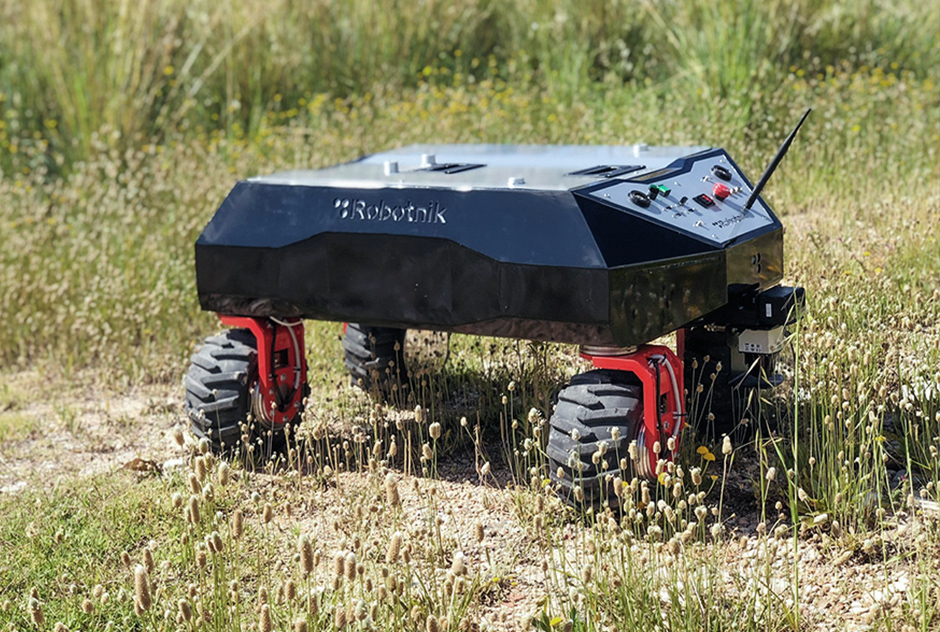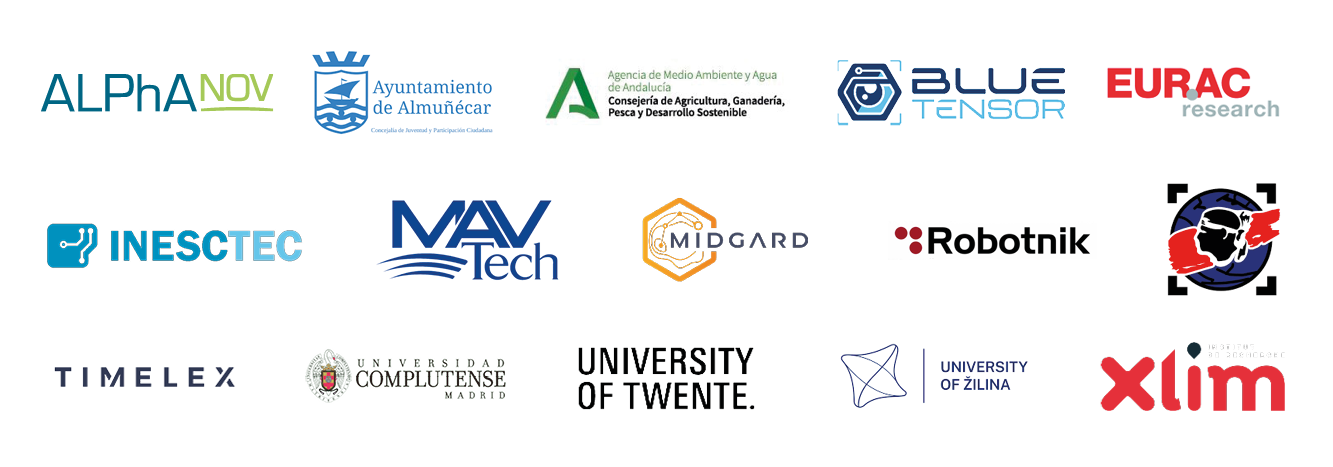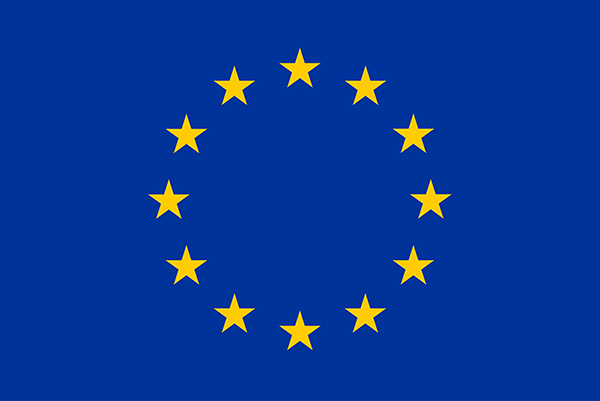HURRICANE European Project
Enhancing disaster response efficiency and safety for first responders during natural disaster.

The HURRICANE project is a multidisciplinary European consortium that aims to enhance disaster response efficiency and safety for first responders using advanced robotics.
By including Unmanned Aerial Vehicle (UAV) and Unmanned Ground Vehicle (UGV) cooperation, smart communication systems, it aims to improve hazard management, reduce operational risks, and overall, boost Europe’s robotics industry.
Severe weather incidents and their consequences
According to the World Meteorological Organization, the frequency of severe weather incidents has quintupled over the last five decades, causing more than 100 000 fatalities and 1.5 trillion euros of economic losses in Europe (EU). The wildfires and floods experienced by EU countries in summer 2023 confirmed that these natural disasters are a significant challenge to address over the years to come.
Consequently, disaster management capabilities need to be enhanced in this fast-evolving context. Robotics can play a crucial role to improve first responders’ safety and effectiveness in their operations. HURRICANE is a 15 partners multidisciplinary consortium aiming to overcome limitations that are still holding back these cutting-edge innovations from becoming a disaster management standard.
The HURRICANE Project
Current use of UGV during the emergency response phase is constrained by challenging conditions such as rugged terrain, limited accessibility, steep topography, and rapid fire spread. This technology also needs to overcome disruptions caused either by the loss of lines of sight with the control station (perception module failures degraded with fog or smoke) or by high complex environment such as urban areas.
Moreover, high demanding data processing is required for effective data-driven tactical management in real operational scenarios, challenging communication infrastructures subjected to disturbances as well as computing times for evacuation planning or disaster evolution models. Additionally, first responders in the remote command centers can be inundated with a significant volume of data that are difficult to transform into readily comprehensible information, which can then be converted into actionable steps.
|
HURRICANE ’s vision is the establishment of UGV systems – and, in a broader sense, autonomous systems - as a standard for first responders’ (FR) operations. Thanks to enhanced sensing capabilities, UGV will provide high quality ground data to be sent to the command station, relying on an innovative communication infrastructure that involves strong cooperation with UAV. This will allow a cutting-edge real-time situational awareness that will feed data optimization models which will generate reliable recommendations to first responders. |
 |
ALPHANOV's role
As Work Package leader of the Dissemination, Communication and Exploitation activities, ALPhANOV's role will primarily be to maximize the impact of the project outcomes and enable to exploit its solutions by :
- Capitalizing and leveraging the project knowledge with effective external communication with all relevant stakeholders
- Engaging with stakeholders, using social innovation to foster the acceptance and adoption of HURRICANE solutions
- Sharing experiences and best practices by collaboration with relevant projects and initiatives
- Safeguarding the IP and create an exploitation pathway for key exploitable results beyond project end.
ALPhANOV will also leverage its technical expertise in photonics systems to benchmark the relevant sensing technologies and design their integration on the VOGUI plateform (Robotnik's robot). ALPhANOV will work on extending UAV endurance by providing an optical link for continuous charging. In addition, ALPhANOV will develop dehazing image post-processing functionality that will significantly improve image quality that will support both navigation and first responders regarding situational awareness.
The partners

Financing
Horizon Europe - This project is funded by the European Union (contract : 101168017).
